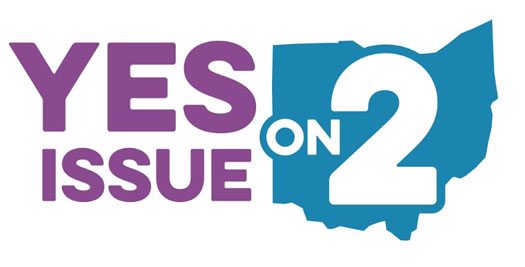
August 1, 2017; Cincinnati Enquirer
As NPQ and others have repeatedly pointed out, the pharmaceutical industry appears to have identified nonprofits as an endlessly useful part of their business model aimed at wringing every last cent possible out of the public.
In the latest example of nonprofits fronting for pharmaceutical companies, $15.8 million was donated this year to defeat a ballot issue that would limit drug pricing in Ohio, but no one knows who the original donor is because the money was run through Ohioans Against the Deceptive Rx Ballot Issue LLC, a 501(c)(6) nonprofit created May 1st. Its opposition, Ohio Taxpayers for Lower Drug Prices raised only $3.7 million, with almost all of that coming from the AIDS Healthcare Foundation.
Issue 2, which will appear as a ballot question in November, would prevent Ohio from paying more for prescription drugs than the U.S. Veterans Administration pays. Readers may remember that a similar ballot question failed last year in California, with many of the same financing actors involved.
“It’s a two-step dance of campaign finance,” said Catherine Turcer, a policy analyst for Common Cause Ohio. Donors give money to a nonprofit without having to disclose their names, and the nonprofit then contributes to a campaign.
Sign up for our free newsletters
Subscribe to NPQ's newsletters to have our top stories delivered directly to your inbox.
By signing up, you agree to our privacy policy and terms of use, and to receive messages from NPQ and our partners.
Though we don’t know exactly who the donors are and how much they each gave, we do know a lot about those who oppose limiting drug prices. “We’ve said from the start that our campaign was primarily being funded by the pharmaceutical companies,” said Dale Butland, spokesman for Ohioans Against the Deceptive Rx Ballot Issue, adding that all of its donors are members of PhRMA and listed on its website.
Supporters of the effort to limit drug prices say drug companies are hiding from voters.
“If the veil of secrecy were lifted, what Ohioans would learn is that all the big-name drug companies are financing the fight to defeat Issue 2,” said Dennis Willard, a spokesman for Yes on Issue 2.
Those who support the ballot initiative were outraised more than 4-to-1… Ohio Taxpayers for Lower Drug Prices raised about $3.7 million during the first six months of 2017, but spent nearly all of it. All but $151 was donated by the AIDS Healthcare Foundation, which bankrolled the unsuccessful California initiative.
—Ruth McCambridge












